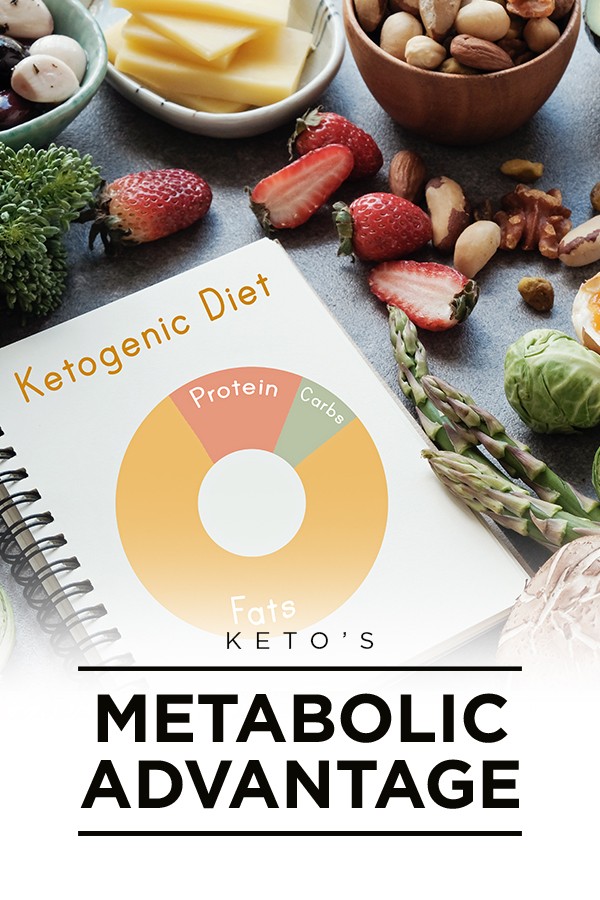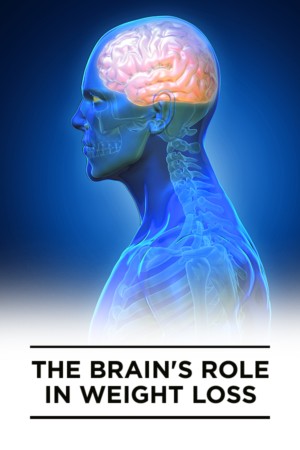If you’ve been in the diet world for any length of time, you’ve been exposed to the concept of calorie counting. There are a few basic rules of thumb everyone seems to embrace:
- All calories are created equal
- Calories in – calories out = weight change
- The only way to lose weight is to exist in a caloric deficit
There is truth to each of these, but perhaps not to the extent you might think. Let’s take a look.
Are all calories created equal?
A calorie is just a measure of how much energy a certain amount of food provides; specifically, it’s the amount of energy required to raise the temperature of one gram of water by one degree Celsius. That’s all nice and science-y, but what does it mean?
Think about a campfire. If you’ve got a piece of really thick, dense wood, it’s going to burn hot and for a long time, providing quite a bit of heat. If you take the same mass of leaves, however, they’ll flare up and burn away quickly while producing very little heat. A nutritionist might consider these two materials and say that a log (think about this as the fat in your diet) contains a lot more potential energy than does the same amount of leaves (these would be carbs).
A calorie is an excellent common denominator because it tells us exactly how much of a log (or grams of fat) and how great a pile of leaves equal a single calorie of energy. Once we’ve figured that out, we know that the amount of log we need is way smaller than the pile of leaves we should use to produce the same amount of heat.
When we make this distinction, we can compare foods and figure out how much energy they provide. A regular-sized Snickers bar is packed with dense energy and has 280 calories. To get the same number of calories out of broccoli, for example, you’d have to eat nearly two pounds of it in a single sitting! All of this allows us to understand that if we need a certain amount of calories in a given day and we consume less than that, the body has to get it from somewhere, which is usually the stored fat in our bodies—this is how fat-burning takes place. It seems to be pretty simple math.
Keto’s metabolic advantage
Not all diets approach metabolism in the same way, however. Consider a quote from the abstract of this study:1
The first law of thermodynamics dictates that body mass remains constant when caloric intake equals caloric expenditure. It should be noted, however, that different diets lead to different biochemical pathways that are not equivalent when correctly compared through the laws of thermodynamics. It is inappropriate to assume that the only thing that counts in terms of food consumption and energy balance is the intake of dietary calories and weight storage. Well-controlled studies suggest that calorie content may not be as predictive of fat loss as is reduced carbohydrate consumption. Biologically speaking, a calorie is certainly not a calorie.
Understanding how keto works is critical. Rather than rehash it all here, check out this article I wrote last year. The basic lesson is this: when your body is in ketosis, it burns through stored fat much more quickly while keeping you in a steady state of energy, while glycolysis (the metabolic pathway your body uses on a high-carb diet) is equal to a bunch of stop-and-go movements. Your body doesn’t maintain a steady metabolism, it isn’t as efficient, and you don’t lose as much weight—even if your calorie count is the same.
In fact, studies2 have shown that staying on a high-carb diet and just limiting your calorie intake causes your metabolism to slow. This means you’re burning fewer calories than usual, so you have to restrict your intake even further to maintain weight loss. Continue this cycle long enough and your body goes into starvation mode, sacrificing muscle tissue instead of fat and doing everything possible to stop your metabolism—your body thinks it’s saving your life. It’s even possible to gain weight by restricting calories in the wrong way.
Calorie availability
When you eat food, you’ve got to process it via mechanical digestion first (i.e., chewing and swallowing) and then via chemical digestion (i.e., your stomach acid and intestines breaking everything down even further). Different foods in different forms require different amounts of energy to break down. Going back to our example of Snickers and broccoli, it takes a lot more chewing to get through two pounds of crunchy veggies than it does to get through a candy bar, and chemical digestion experiences the same thing.
This means your body is going to expend a lot more energy processing and digesting the broccoli than it does the candy bar, so even though they were the same calorie count, you’ll lose more weight by eating veggies than you will by eating candy. The Western world is full of processed food, but even if you’re eating Lean Cuisines and pre-made Weight Watchers meals every day, you’re not getting the same benefit as if you were prepping the food yourself.
Registered dietician Leslie Bonci, states “Processed fast food is so pulverized it’s nearly predigested.”3 She cites a study where Japanese scientists fed two groups of rats the same feed for six months; the only difference was one group had their food softened (making it easier to digest) and the other group at it in the form of hard pellets. The rats that ate the softer food packed on so much weight they were considered obese, while the group eating hard pellets maintained a steady weight.
So what do I do?
Restricting your calories (i.e., eating less) is still an important, foundational aspect of dieting—but it’s not the only thing, and it isn’t even the most important thing. How your body maintains its metabolism is much more critical, and keto has a distinct advantage here.
Getting rid of excess carbs, prepping your food at home using unprocessed ingredients, and working out regularly should be the cornerstones of your dieting approach. Count your calories and keep track of them, but remember that what kind of calories you’re eating is far more important than how many, and the way your body processes them is more vital to your health than how many of them it processes.
NUTRITIONAL DISCLAIMER
The content on this website should not be taken as medical advice and you should ALWAYS consult with your doctor before starting any diet or exercise program. We provide nutritional data for our recipes as a courtesy to our readers. We use Total Keto Diet app software to calculate the nutrition and we remove fiber and sugar alcohols, like erythritol, from the total carbohydrate count to get to the net carb count, as they do not affect your blood glucose levels. You should independently calculate nutritional information on your own and not rely on our data. The website or content herein is not intended to cure, prevent, diagnose or treat any disease. This website shall not be liable for adverse reactions or any other outcome resulting from the use of recipes or recommendations on the Website or actions you take as a result. Any action you take is strictly at your own risk.
- The Brain’s Role in Weight Loss - March 11, 2019
- Making Fat Loss EPOC - March 8, 2019
- Overcoming Plateaus - March 6, 2019




